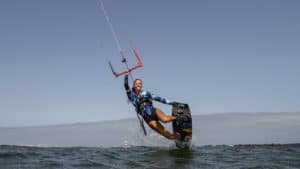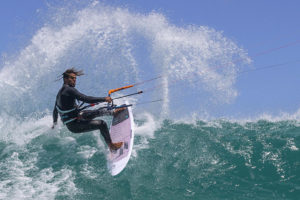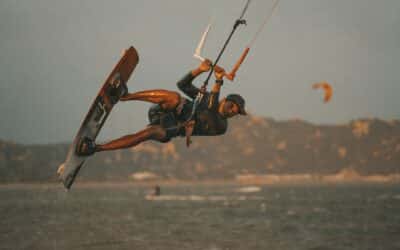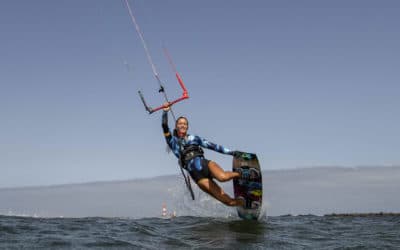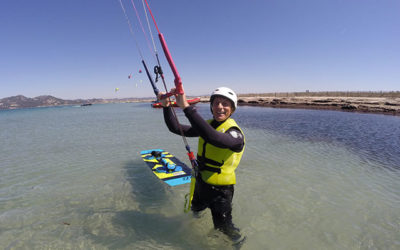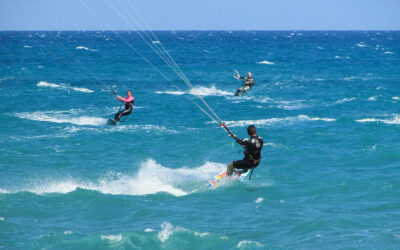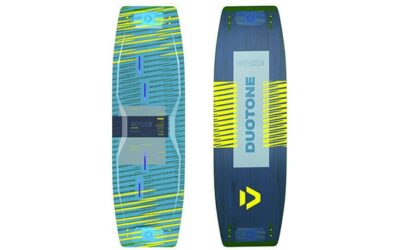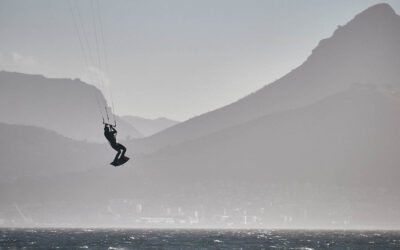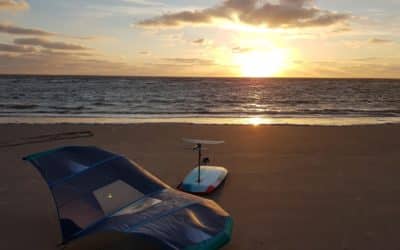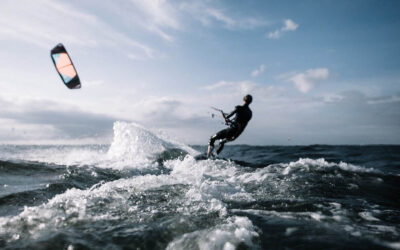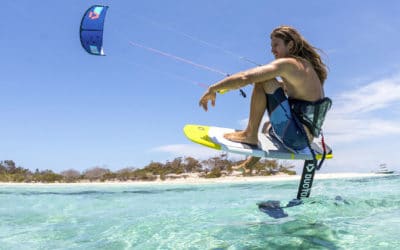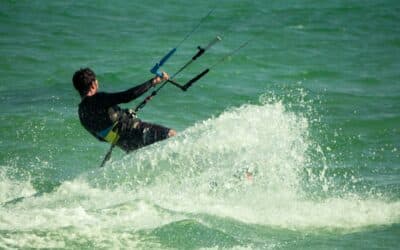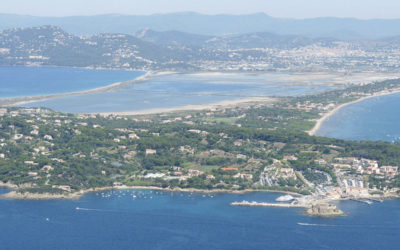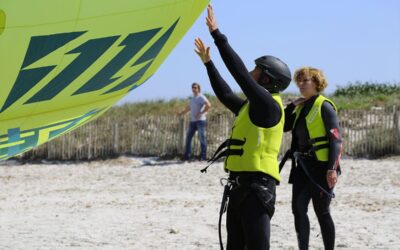The different types of kitesurfing disciplines (freestyle, wave, race, etc.) and their practice.
Kiteboarding is one of the few sports where the practice is both aerial and aquatic. First introduced in the 1980s, a kitesurfer glides through the water using a board similar to that of surfing. The difference lies in the second part of the equipment, a kite traction system. This is why kitesurfing is unique and has given rise to new practices. The explanations, in the article to follow.
Freestyle, the art of the figure
This discipline consists in performing tricks, rotation, hang time, either when the kite is in the low position, or when it is at the zenith, i.e. above you. Before getting to this point, needless to say, you must be a confirmed kitesurfer with a certain artistic fibre. The competitions are very structured, with free tricks that must be performed within a given time.
Among these, let’s mention the backloop, which consists in doing a backward rotation while taking support with the front foot, or the S-Bend Pass, which consists in turning in a horizontal spin. Freestyle competitions are highly sought after and are systematically filmed as the tricks are so spectacular.
Wave, tracing curves
This is probably the closest discipline to surfing, as it consists of tracing curves in the waves. As spectacular as freestyle, wave, also called Surfkite or Waveriding, gathers every year more and more amateurs from all over the world. The competitions start in June and last until November.
One of the most famous is the King of Air which takes place in Marseille. For 10 days, the best international riders compete in 5 different sports including kitesurfing. The event offers an incredible show and allows everyone to learn about board sports for free.
Race, the spirit of competition
An international competition format, Twin Tip Race was created by the IKA, the International Kiteboarding Association, and adopted by the International Sailing Federation in 2013. This competition is only held with a Twin Tip, i.e. a symmetrical bi-directional board. Organised in heats, kiteboarders must complete a course of buoys and obstacles to jump.
To start a race, the wind must be at least 8 to 10 knots for the buoys and 12 knots for the obstacles. The first world championships in this discipline were held in China in 2017. To find out more about international competitions and results, please visit the website of the French Free Flight Federation.
Other competitions concern speed only, such as Speed. In this case, the riders have to surf as fast as possible over a distance of 500 meters. To calculate the average speed of the candidate, a camera records him at the start and at the finish. In 2017, Frenchman Alex Caizergues broke his own world record with an average speed of 107.36 km/h. Speed sailing is practiced on flat water with wind. In general, competitors reach speeds of around 50 knots, or 93 km/h for men and 74 km/h for women.
Foil, flying on water
This is the new trendy discipline in the world of kitesurfing. The foil or fin is an element that, placed under the board, allows the kite to take off and glide above the surface of the water. The foil seems easy to practice, but it requires a perfect mastery of balance with a good weight distribution on the foil, the movement of the pelvis contributing to maintain a stable direction and flight.
In addition, it is necessary to know how to manage the lift by dosing the front support without exerting too much pressure on the bar. It is advisable to practice foiling in light winds to keep the feeling without taking unnecessary risks.
Kitesurfing is constantly evolving thanks to technological revolutions that allow you to go faster or fly on the water like with the foil. In any case, this sport requires technical skills for which it is preferable to be prepared. The KGG Kitesurfing School located in Hyères on one of the most famous spots in the region, the Almanarre, is run by Greg and Colin. They regularly organise introductory and advanced sessions for all ages, in individual or group formats.
Search
Catégories
Recent Posts
Suivez-nous !
